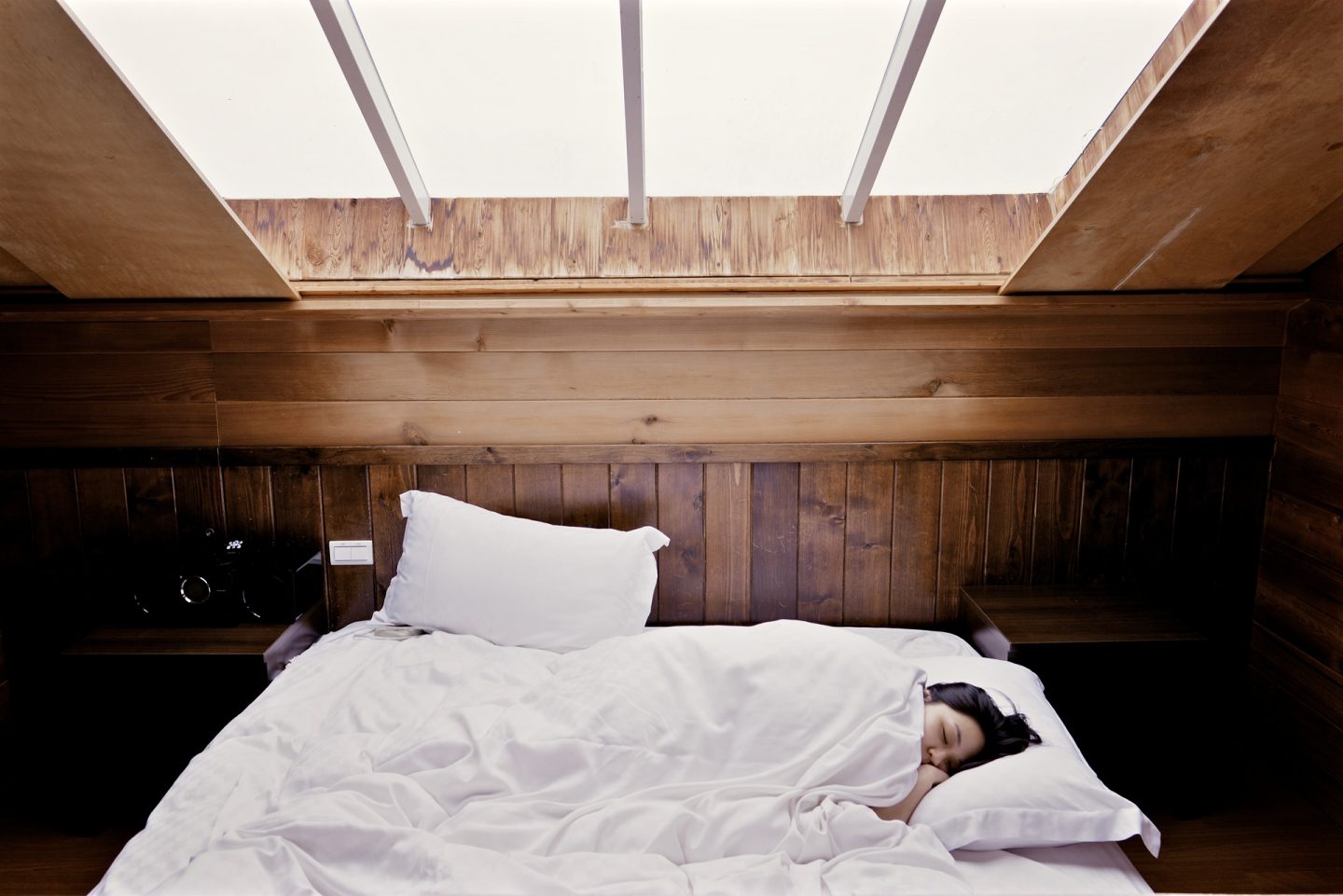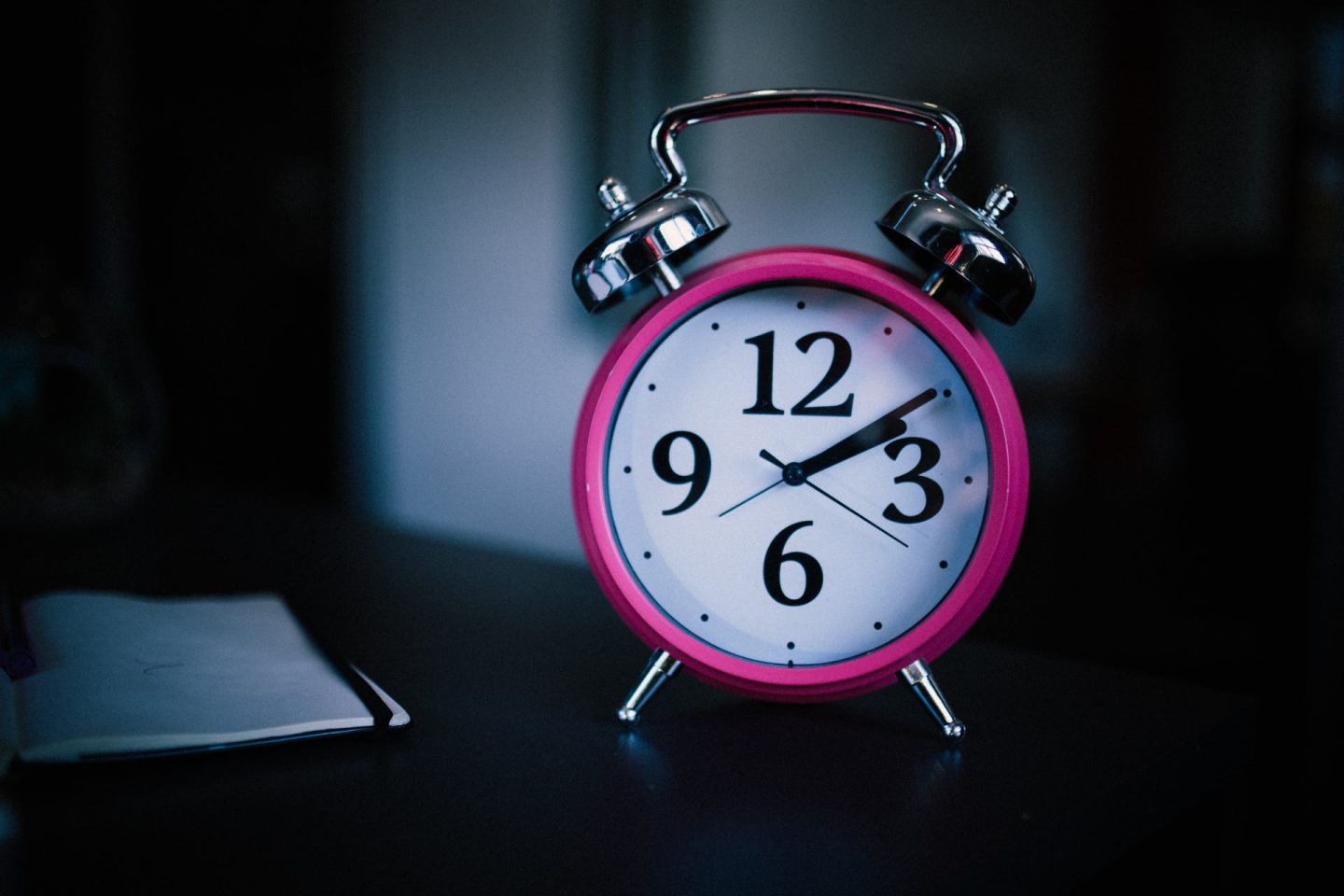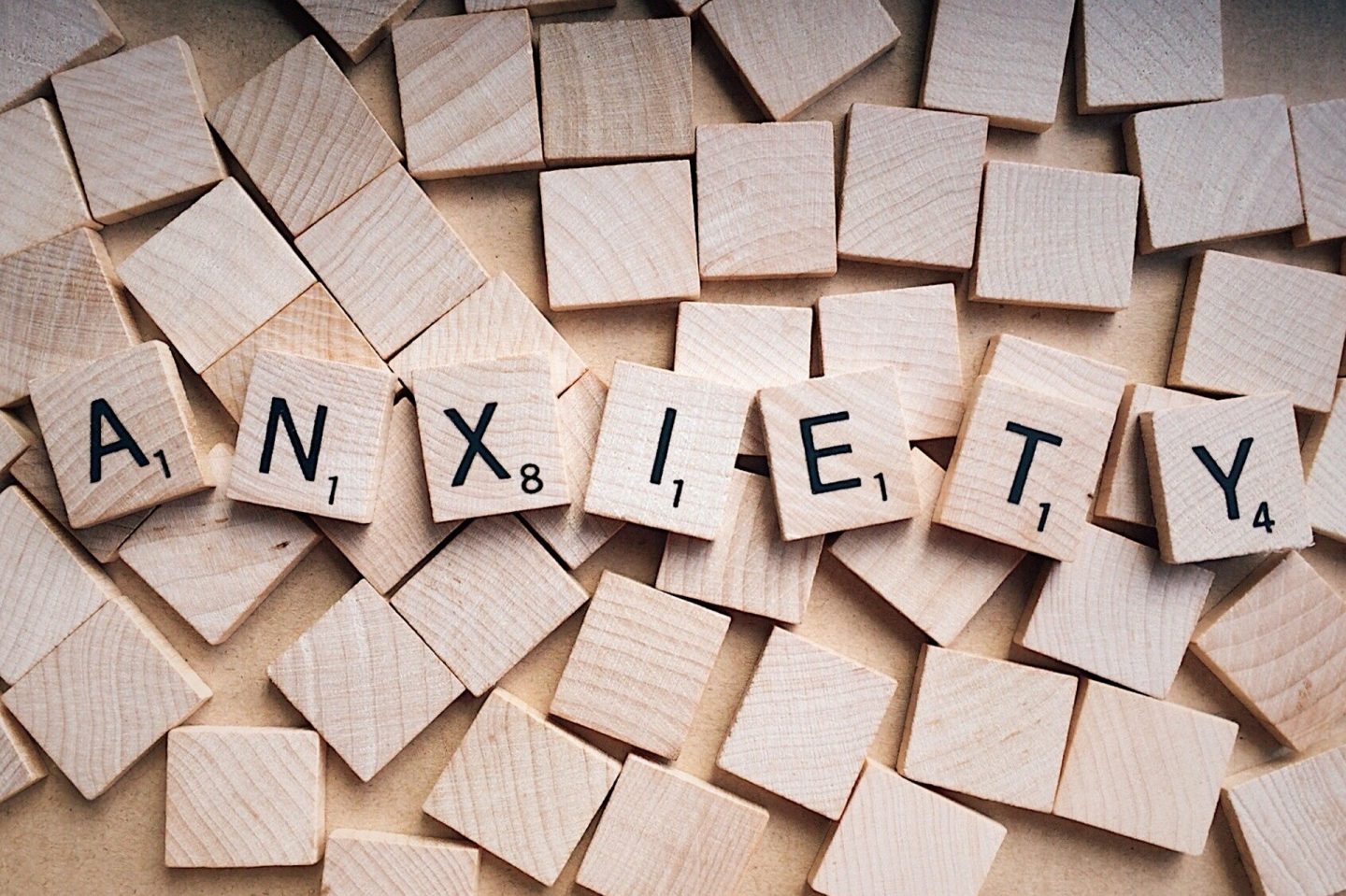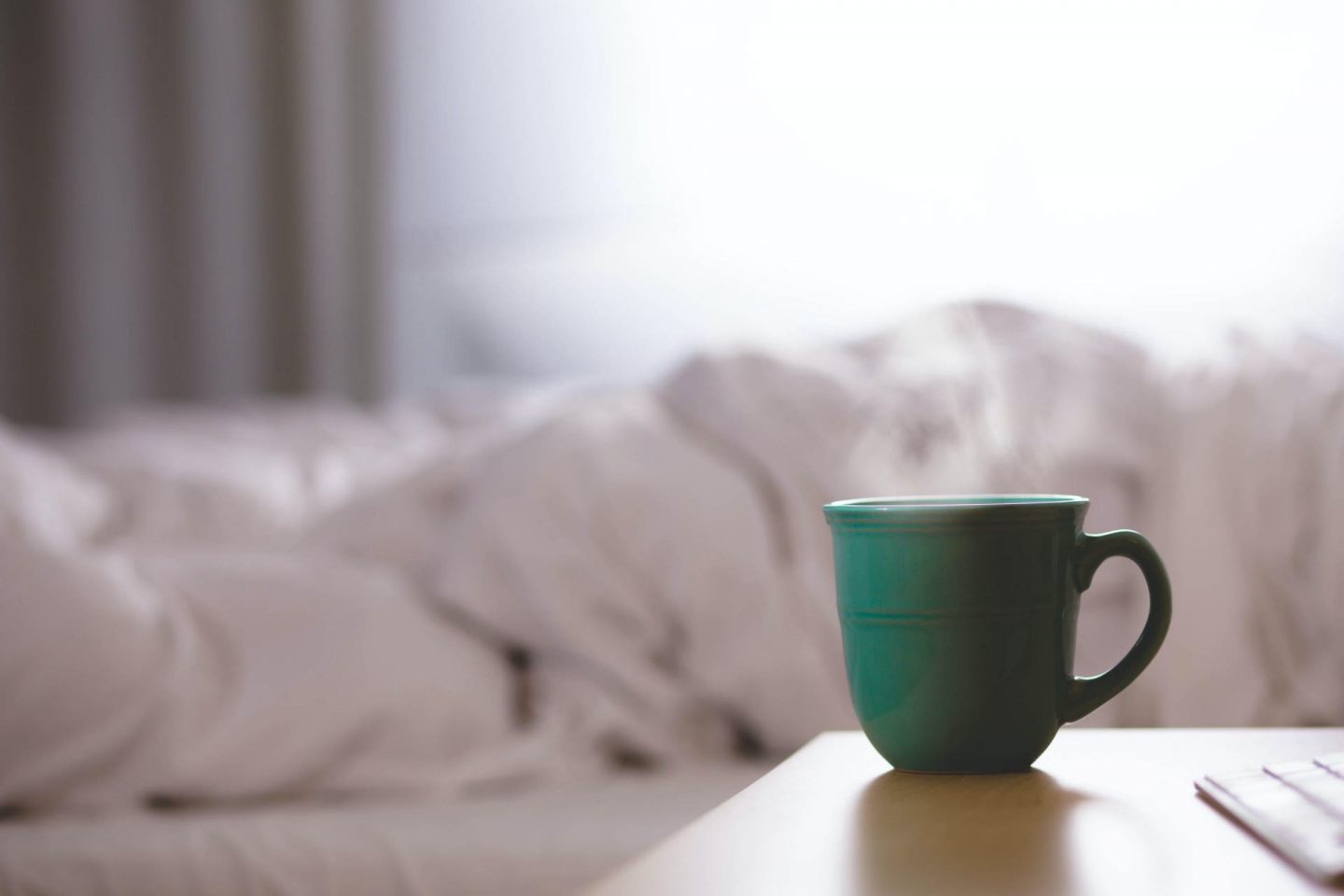![]() One in three people suffers from sleep issues. Whether lockdown has caused you anxiety you are overworking, or you have been eating unhealthily late into the evenings, this may have led to harmful sleeping habits that must be acknowledged and resolved before serious health issues develop as a result.
One in three people suffers from sleep issues. Whether lockdown has caused you anxiety you are overworking, or you have been eating unhealthily late into the evenings, this may have led to harmful sleeping habits that must be acknowledged and resolved before serious health issues develop as a result.
Difficulty sleeping for one or two nights is normal and shouldn’t be a cause for concern, but when this becomes a more regular occurrence you will have to assess your lifestyle, make changes and possibly seek medical help.
It is not only about the number of hours you sleep but the quality of your sleep that can impact a variety of factors in your life. A lack of either one can cause issues from decreased concentration in social situations to severe diseases such as heart disease and diabetes, as well as shortening life expectancy. This is why sleep should be treated as just as high a priority as diet and exercise, which act as its corresponding pillars to forming a healthy lifestyle.

Quantity of Sleep
Younger children require more sleep than anyone else, which is why naps are recommended for babies and toddlers. Babies require 12 to 16 hours, while toddlers need 10 to 14 hours – both including nap times.
Primary school children need between 9 and 12 hours of sleep per night, teenagers require 8 to 10 hours and adults are advised to sleep for 6 to 9 hours. Following a regular sleeping schedule makes it easier to keep track of how much sleep you are getting every day, and so is recommended.

Quality of Sleep
It may be evident, but the quality of your sleep can be assessed from how you feel the following day based on whether you still feel tired when you wake up – you should feel that you have enough energy to go about your day.
If you do not experience good quality sleeps, this could be caused by stress, anxiety, pain, caffeine, alcohol, drugs or untreated sleeping disorders such as sleep apnoea or insomnia.
Effects of Sleep on Health
Sleep is crucial for allowing your body to repair and prepare for the following day. Your body needs rest to perform at its optimum level, in physical and mental terms. Just as you would rest a specific muscle group after working it hard at the gym or fill up your car with petrol when it’s been used it up, so too your body needs to rest and recharge after a day of consuming its energy.
If you do not allow your body to rest you are likely to get sick more often, gain weight, lack focus leading to performing worse in school or work, experience mood swings and lower energy levels.

Excess periods of not sleeping enough can lead to more serious occurrences such as car accidents, as well as the possibility of increasing heart rate and blood pressure which can lead to health risks such as heart disease and strokes.
Lack of rest can also contribute to inflammatory responses such as inflamed bowels, as well as affecting glucose metabolism, which has shown a strong link to causing type 2 diabetes in as little as six days among people sleeping less than 5 hours per night. Sleep deprivation can also make it more difficult to fall pregnant, as the emission of reproductive hormones decreases with a regular lack of sleep.
Mental stability can be detrimentally affected by inadequate sleep, with it being strongly connected to the cause of depression and anxiety. A study showed that a selection of people with anxiety or depression consistently gained less than 6 hours of sleep per night. If one night of no sleep becomes a few nights, the brain will begin to fog and prevent concentration as well as effective decision making.

Improve Your Sleep
Small steps to improve your sleep can make effective impacts. Try exercising in the morning rather than evenings, ensuring that your bedroom is comfortable, tidy, dark and quiet – which experts have found a strong association with achieving a good quality sleep – and creating a relaxing bedtime routine to help you wind down.
You can incorporate many things into your bedtime routine that can help your quality of sleep, such as staying away from caffeine in the evenings and finally listening to everyone who has told you to put your phone and other gadgets in a different room – it really does help.

It is difficult to switch your brain off after staring at the bright light from your phone and consuming an influx of information from social media, the news or even texting friends right before bed. Putting your phone on ‘Do Not Disturb’ and placing it in a different room at the same time every night is a very healthy habit to incorporate into your routine.
Your mind will instantly feel less overwhelmed and you can spend the last hour of your night on something that relaxes you, such as a warm bath, reading, journaling or writing a ‘to-do’ list for the following day to clear your mind of any distractions or worries. Buy yourself an alarm clock if you are required to wake up at a certain time, or even use an old phone as an alarm – just make sure to erase all apps and turn all notifications off.
It is also recommended that you try to spend some time outdoors every day, which can be a challenge during a winter lockdown but you can aim to spend your lunch break outdoors every day while it is still light outside; prepare your meal the night before or at breakfast time and take it with you on your walk.
If you have gotten into a habit of napping during the day, try to limit this time to 20 minutes or less. It is also advised to not eat a large meal or drink a lot of alcohol late in the evenings. Women should have no more than one drink a day and men should have no more than two. Smoking can also make it difficult to sleep due to the nicotine, so challenge yourself to quit this habit.
Depending on the severity of sleep deprivation, it could take up to several weeks to get into a healthy sleeping routine. Make a plan to sleep in at the weekend with no alarm; you will likely sleep up to 10 hours to begin with, which will steadily lower each night to the recommended level of 8 hours. If you would like more guidance or ideas, contact your GP for further advice.

Sleeping Disorders
If you experience insomnia for over four weeks, you must seek medical help. Similarly, if you are having issues breathing when you try to sleep, this could be a sign of sleep apnoea and requires professional treatment.
Signs of sleeping disorders include having trouble sleeping, still feeling tired after sufficient sleep, difficulty concentrating on things like driving, work or social situations, itchiness in your legs or arms at night, or issues moving your arms and legs when you wake up.
Refer to the NHS website for more information at https://www.nhs.uk/oneyou/every-mind-matters/sleep/